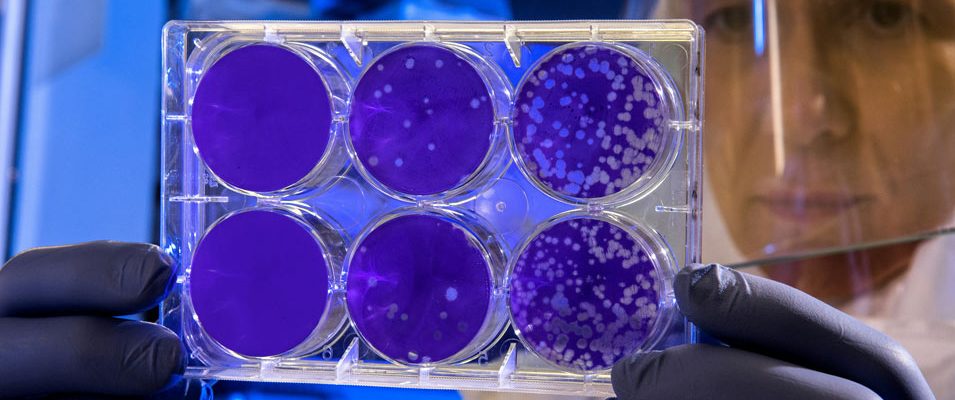One recently in the magazine “Science” Published study from Harvard University in Cambridge describes a promising method for developing new antibiotics. These are potentially effective against bacteria that have become resistant.
Again “Tagesspiegel” reports, researchers led by Andrew Myers have synthesized a new substance called cresomycin, which represents an innovative strategy for overcoming antibiotic resistance. The prevailing problem of resistant bacterial strains is described by the Tagesspiegel as alarming: “The number of bacterial strains that are resistant to single, several or even all available antibiotics is constantly increasing – with fatal consequences: In 2019 alone, 1.27 million people died worldwide from bacterial, “Infections that can no longer be treated due to such resistance”.
A synthetically produced substance that inhibits bacteria
The cresomycin molecule is characterized by its rigid structure, which allows it to bind permanently to the bacterial ribosomes. This distinguishes it from conventional antibiotics, which often lose effectiveness due to changes in the binding sites of ribosomes. “It shows a path to antibiotics that can also deal with multi-resistant germs,” explains Mark Brönstrup, chemist at the Helmholtz Center for Infection Research in Braunschweig, about the potential of the innovative method that his colleagues developed in Cambridge.
The researchers first identified the binding sites of the antibiotic molecules on the ribosomes and then used computer-aided methods to develop a molecule that fits optimally into these sites. This was then produced completely synthetically. The chemist Mark Brönstrup explained to the Tagesspiegel what he saw as the challenges of this approach: “That was definitely a big hurdle because for a long time such completely synthetic processes were considered far too complex to be realized.”
The effectiveness of cresomycin has been demonstrated in laboratory tests on various strains of bacteria, including multidrug-resistant strains. The magazine “Science” says about the newly developed substance: “Cresomycin strongly inhibits gram-negative and -positive bacteria, including multi-resistant strains, both in vitro and in a mouse infection model.” Although clinical tests on patients are still pending, the researchers are confident that their results offer a promising approach to combating antibiotic resistance.

